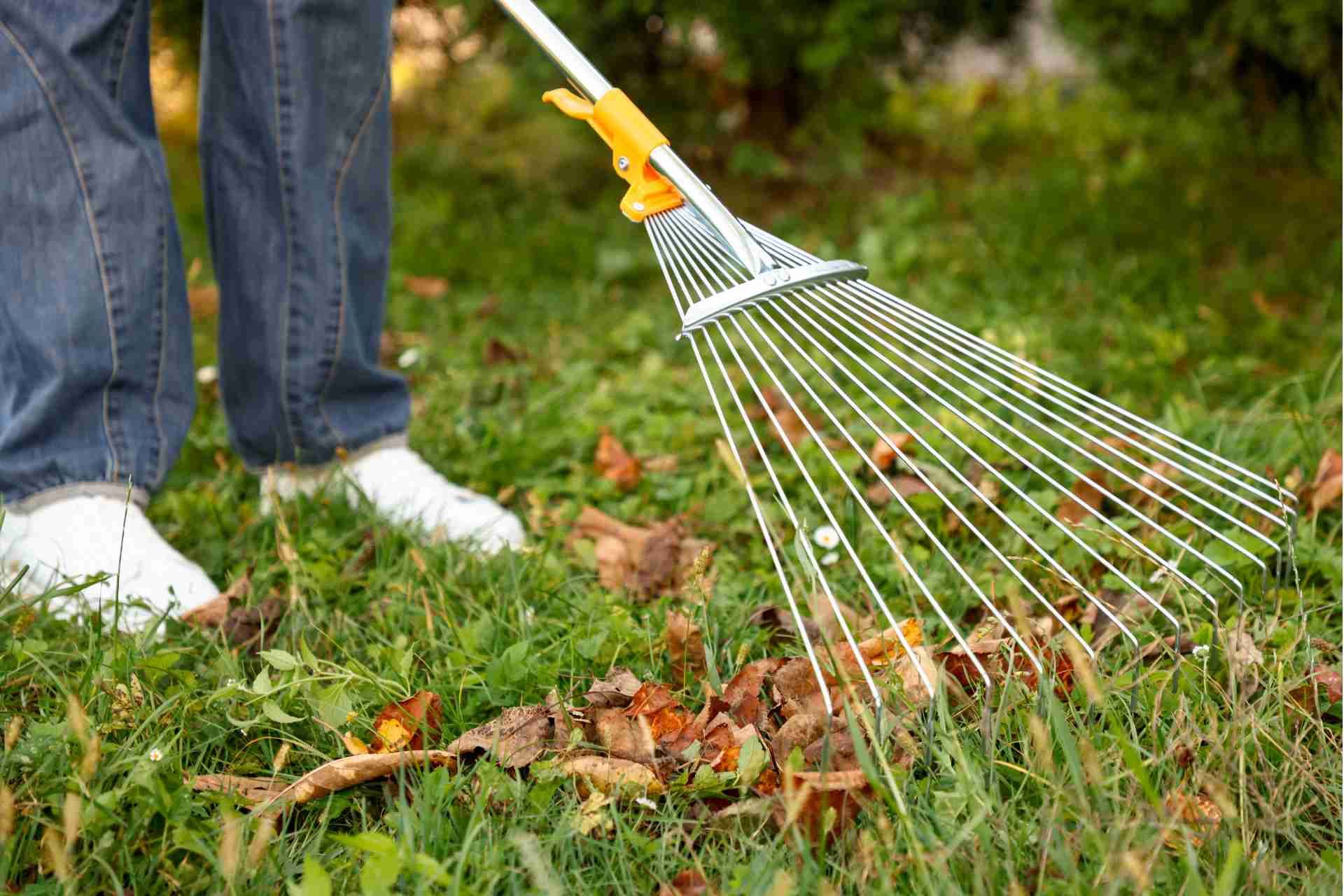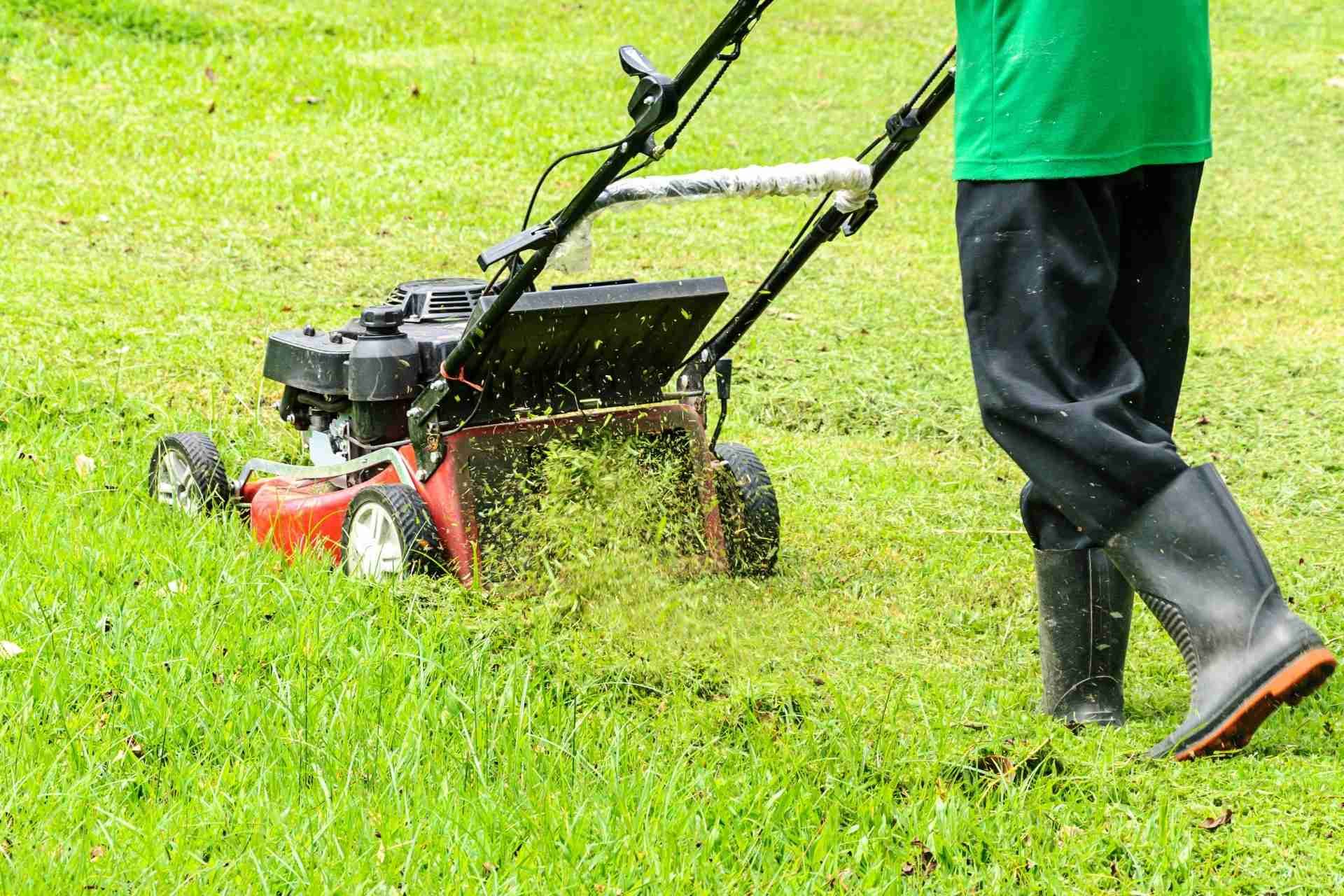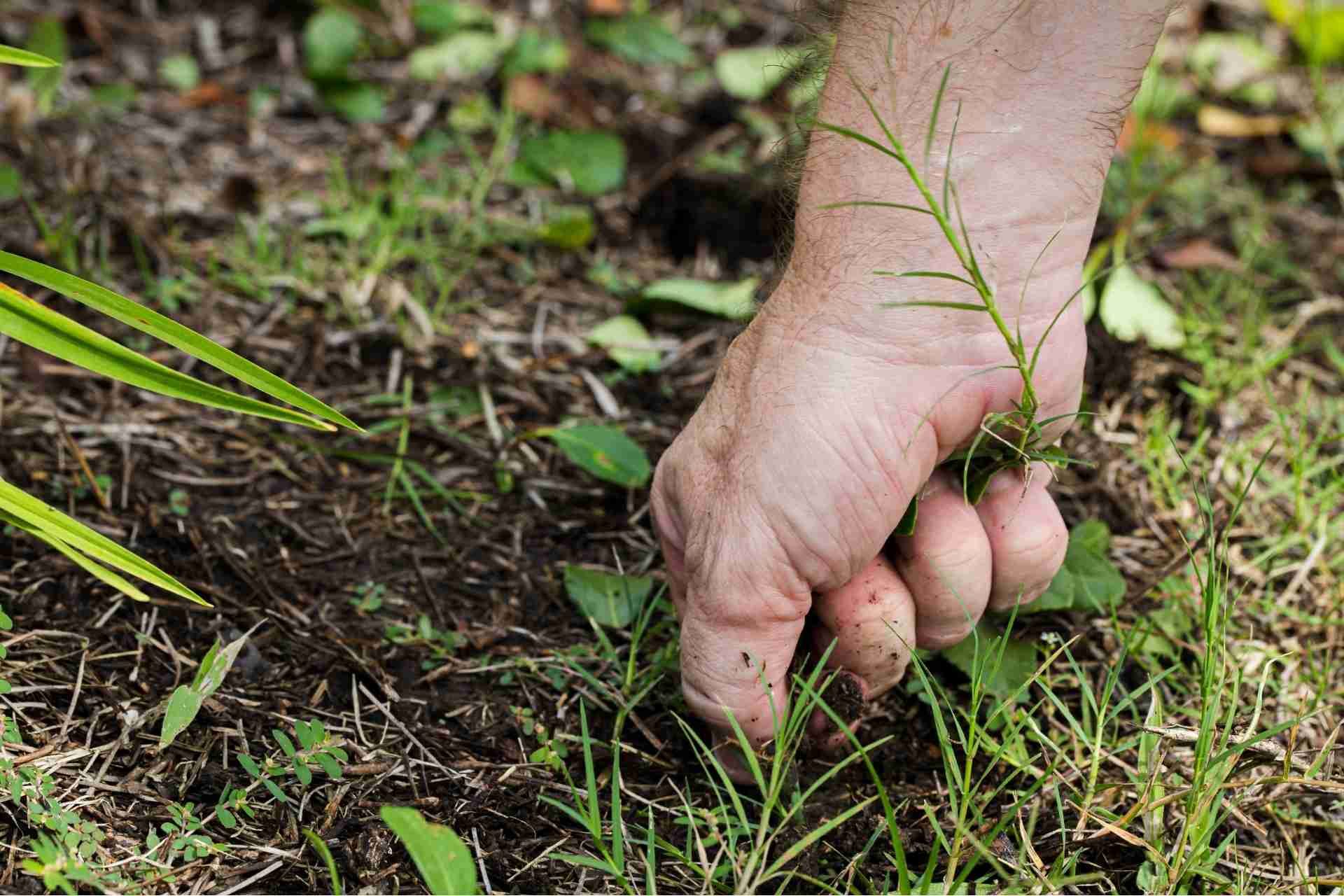Choose the Best Organic Fertilizers for Lawns

When it comes to nourishing your lawn, choosing the right organic fertilizers can make all the difference. You want products that enrich your soil and provide essential nutrients for growth. From compost to fish emulsion, each option has its unique benefits. But how do you determine which is best for your lawn's specific needs? Understanding the fundamentals can guide you to a lush, vibrant yard. Let's explore the key components that will help you make an informed choice.
Understanding Organic Fertilizers
When you choose to nourish your lawn with organic fertilizers, you're opting for a more sustainable approach that benefits both your grass and the environment.
Organic fertilizers come from natural sources like plant materials, animal manure, and compost. They release nutrients slowly, promoting healthy growth without the risk of chemical runoff that synthetic options can cause.
By understanding these fertilizers, you realize they enhance soil structure and biodiversity. You'll find that organic options improve the microbial activity in your soil, which is essential for nutrient absorption.
Additionally, they're less likely to burn your grass, making them safer for your lawn. Overall, grasping what organic fertilizers are helps you make informed decisions for a thriving, eco-friendly lawn.
Benefits of Using Organic Fertilizers
Using organic fertilizers offers numerous benefits that enhance the health and appearance of your lawn.
First, they improve soil structure, allowing for better water retention and drainage. This means your grass gets the moisture it needs without the risk of overwatering.
You'll also find that organic fertilizers promote beneficial microbial activity in the soil, which helps break down nutrients and makes them more accessible to your grass.
Additionally, these fertilizers reduce the risk of chemical runoff, protecting local water sources and wildlife.
By choosing organic, you're not only nurturing a vibrant lawn but also contributing to a healthier environment.
In the long run, you'll enjoy a lush, green lawn that's resilient and thriving, making your outdoor space a true sanctuary.
Key Components of Organic Fertilizers
Organic fertilizers are composed of natural materials that enrich your lawn while promoting ecological balance. Key components include nitrogen, phosphorus, and potassium, which are essential for healthy plant growth.
You'll often find these nutrients in sources like compost, bone meal, and fish emulsion. Additionally, organic matter from materials such as manure and seaweed enhances soil structure and microbial activity, fostering a thriving ecosystem.
Micronutrients like iron and magnesium also play a crucial role in plant health, ensuring vibrant green grass. By using a blend of these components, you can provide a balanced nutrition profile for your lawn, resulting in lush growth and improved resilience.
Understanding these key ingredients helps you make informed choices for your yard's specific needs.
Top Organic Fertilizer Options for Lawns
While many options exist, selecting the right organic fertilizer for your lawn can make all the difference in achieving a healthy, vibrant yard.
Some top choices include compost, which enriches the soil with nutrients and helps retain moisture.
You might also consider fish emulsion, a fast-acting option that provides essential nitrogen.
Bone meal is another excellent choice, offering phosphorus to promote root development.
If you're looking for something environmentally friendly, look into seaweed extract, which boosts overall plant health.
Finally, consider using alfalfa meal, packed with nutrients and beneficial microbes.
How to Read Organic Fertilizer Labels
Understanding how to read organic fertilizer labels is crucial for making informed choices. Start by checking the N-P-K ratio, which represents nitrogen (N), phosphorus (P), and potassium (K) content. These nutrients are essential for your lawn's health.
Next, look for the source of the nutrients, such as compost, bone meal, or seaweed, as this indicates quality. You'll also find the application rate, which tells you how much to use per area; following this is vital to avoid over-fertilizing.
Finally, watch for additional ingredients like micronutrients or beneficial microorganisms, which can enhance your soil's health. By knowing what to look for, you'll choose the best organic fertilizer for your lawn's specific needs.
When to Apply Organic Fertilizers
When's the best time to apply organic fertilizers to your lawn? Timing plays a crucial role in maximizing their benefits.
Generally, the ideal times are in early spring and fall. In spring, as your grass starts to grow, applying fertilizer helps boost that growth. Aim for when temperatures are consistently above 60°F.
In the fall, fertilizing prepares your lawn for winter, encouraging deeper root growth and a healthier lawn come spring. You can also apply a light dose during the summer if your lawn looks stressed.
Just remember to water your lawn after applying fertilizer to help it absorb the nutrients effectively.
Techniques for Applying Organic Fertilizers
Applying organic fertilizers effectively can make a significant difference in your lawn's health.
Start by evenly distributing the fertilizer using a broadcast spreader for uniform coverage. Make sure to follow the recommended application rates on the product label; too much can harm your lawn.
Water your lawn lightly after application to help the nutrients soak into the soil. You can also apply organic fertilizers during your lawn's active growth periods to maximize absorption.
For spot treatments, hand-sprinkle the fertilizer in areas that need extra care.
Lastly, consider combining your organic fertilizer with compost to enhance nutrient availability.
With these techniques, you'll ensure your lawn thrives and remains vibrant throughout the season.
Maintaining Soil Health With Organic Practices
To maintain soil health, you need to adopt organic practices that enrich and sustain its vitality. Start by adding organic matter like compost or well-rotted manure. These materials improve soil structure, boost microbial activity, and enhance nutrient availability.
Crop rotation is another effective method; it prevents nutrient depletion and reduces pest buildup. Cover crops can also help by preventing erosion and adding nutrients back into the soil.
Practice minimal tillage to protect soil organisms and structure; this promotes a thriving ecosystem beneath the surface. Finally, testing your soil regularly helps you understand its needs, so you can amend it appropriately.
Common Mistakes to Avoid With Organic Fertilizers
Incorporating organic fertilizers into your lawn care routine can significantly enhance soil health, but there are common pitfalls to watch out for.
One major mistake is over-fertilizing. While it's tempting to apply more, too much can harm your grass and soil microorganisms.
Also, don't ignore soil testing. Without knowing your soil's nutrient needs, you might waste time and money on the wrong products.
Timing matters too; applying fertilizer during extreme weather can reduce effectiveness.
Lastly, be wary of relying solely on organic options. Combining organic fertilizers with good practices like composting and mulching will yield better results.
Conclusion
In conclusion, choosing the right organic fertilizers for your lawn can transform its health and appearance. By understanding the benefits and key components of these fertilizers, you can make informed decisions that promote strong growth and vibrant color. Remember to test your soil, read labels carefully, and apply them at the right times for the best results. By avoiding common mistakes and maintaining soil health, you'll enjoy a lush, thriving lawn that you can be proud of.









